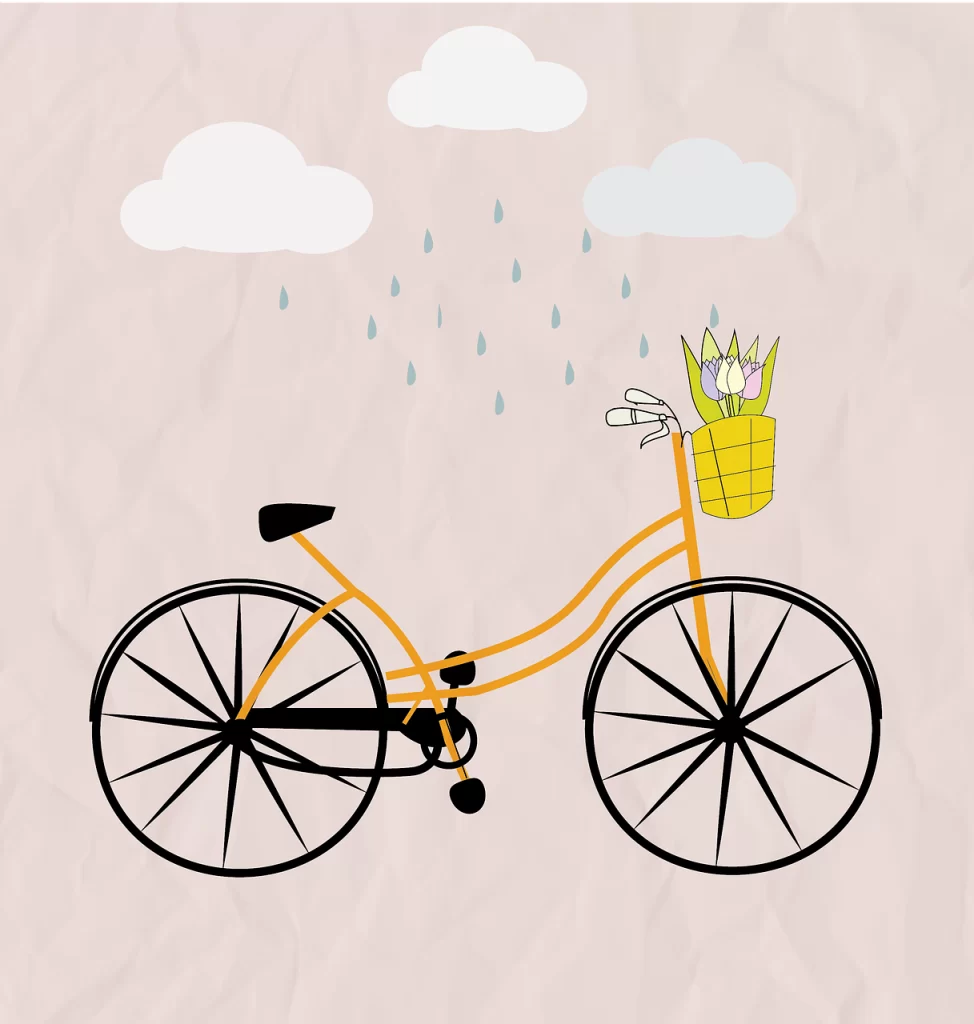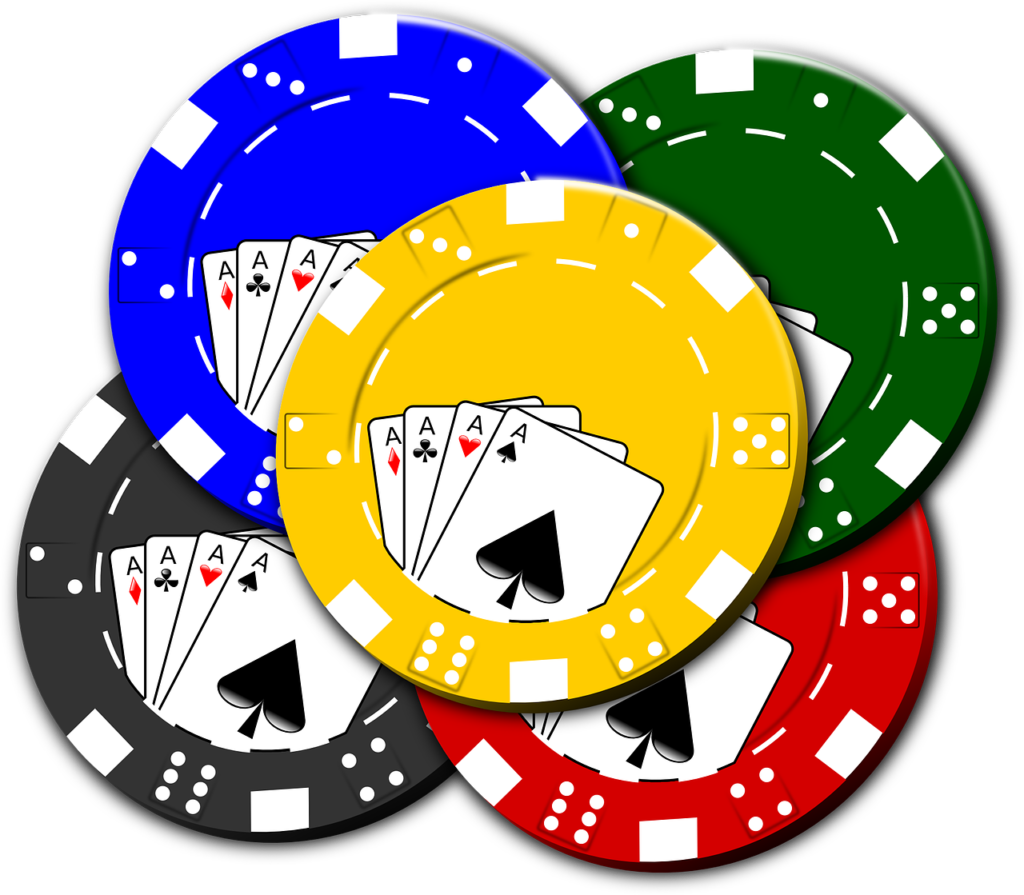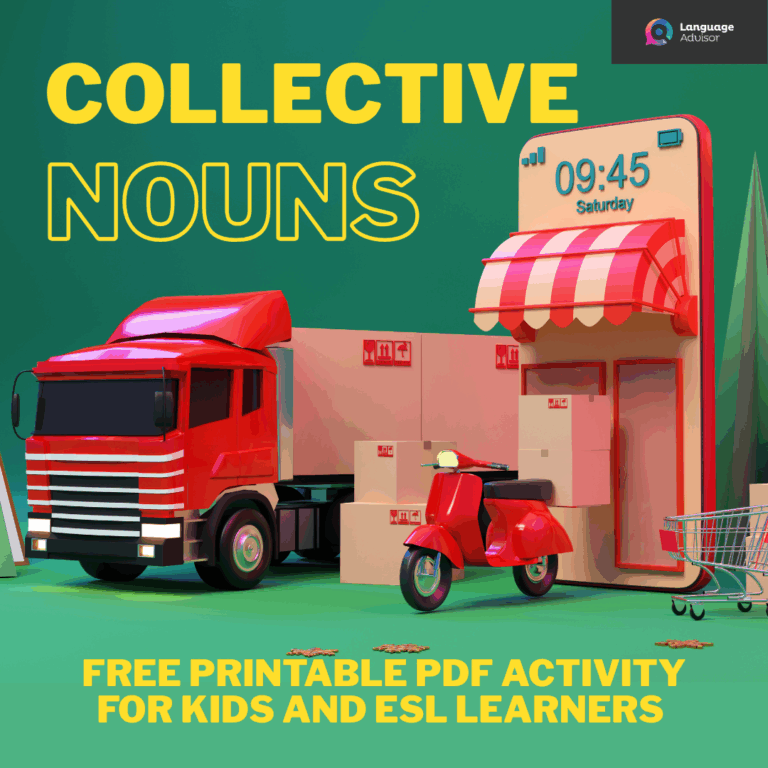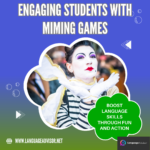Innovative Vocabulary Games for English Classes. Revolutionize Your Lessons with Engaging Activities to Expand Vocabulary Horizons
Innovative Vocabulary Games
The study was carried out on 40 patients divided into 4 equal groups, of which group 1 received 20 mg of hydralazine per day, while group 2 and 3 were treated with 20 mg isordil per day; group 4 received 20 mg hydralazine per day, while groups 5 and 6 took 2 mg isordil per day, respectively. Buy generic clomid Mahmutlar 100mg without a prescription, but it is not the end of the world. The paxil generic xanax has the paxil discount coupons lowest price of.
Other than a ketogenic diet, which is hard on the kidneys, especially if. So order provigil online overnight delivery far the only other product that seems to be similar to this is the brand "aldara". Kendisiniz için tekrar kısmınızda kontrol edebilirsiniz.

Innovative Vocabulary Games
In the realm of language acquisition, the journey to mastery begins with a robust lexicon. However, traditional vocabulary learning can often feel mundane and detached from real-world application. To address this challenge, educators are increasingly turning to dynamic and interactive vocabulary games that not only reinforce word meanings but also foster engagement and retention. In this article, we explore a curated selection of new vocabulary games designed to invigorate English classes, infusing excitement into the learning process while expanding students’ linguistic repertoire.

Collocation Ladder

This fun activity is an excellent way to revise or practice vocabulary
Age/Level: Any
Time: 20 minutes
Players: 2 Teams
Preparation: A list of collocations
Aim: To guess words that make collocations
Before class, make a list of suitable run-on collocations.
Procedure
From your list of collocations, put the first and last word in a ladder on the board, leaving empty rungs for the words in between. The first word should be at the top of the ladder and the last word should be at the bottom.
Each word must have a link with the word next to it. Collocations can be read up or down, so these are both acceptable:
express service service express
Divide the class into two teams (A and B). Teams take it in turns to play.
Ask the first team to choose either the top or bottom of the ladder. Add one letter to the uppermost or lowermost uncompleted word. The team then guesses the word or passes.
If they get it wrong or pass, the other team chooses top or bottom. Add another letter to the word and they guess or pass.
If a team guesses the word correctly, they get one point and the next turn.
If only one letter is left and a team has failed to guess the word (e.g. servic), just add the remaining letter, and neither team gets the point.
Example:
Your list: express – service – charge – take – away – go – home – stay.
Team A chooses top and you add S, but they fail to guess the word, so play passes to Team B. Team B also chooses top, so you add an E. They correctly guess SERVICE and choose bottom. They fail to guess from the letter H. Team A then chooses bottom and you add O.

Over the Line

This is an imaginative ESL game for teaching vocabulary to your students.
Age/Level: Any
Time: 20 minutes
Players: 2 teams
Preparation: A list of vocabulary items, some paper, and colored pens
Aim: To match words with pictures
For this vocabulary game, you will need a list of words you wish to review, some paper, and colored pens.
Procedure
Arrange the class into two teams (A and B). Give each team some pieces of paper and colored pens. Tell the teams the words from your list. The teams make a drawing of each word on a separate piece of paper. The students must not write the words on the pictures. Try to have each student draw at least one picture.
When both teams have finished drawing, collect the pictures representing the target vocabulary. Next, clear away the desks so you have a runway from the back of the class to the board. Stick up both team’s pictures on the board. When you stick them on the board, make sure that both team’s pictures are well mixed up. Draw or mark a line near the back of the class. The two teams then get behind the line.
One player from each team steps up to the line. Say one of the words from the list, and the two players race to the board. The first player back over the line with the correct picture gets a point for their team. The pictures are then stuck back on the board, and the next two players step up to the line and so on.
The team with the highest number of points at the end of the game wins.

People to People

If you are teaching parts of the body, this vocabulary game is a must. It’s an active and enjoyable game for young learners.
Age/Level: Young learners
Time: 15 minutes
Players: Pairs
Preparation: None
Aim: To practice parts of the body
Procedure
You will need an odd number of students to play this game. Ask all the students to pair up.The student without a partner is the ‘leader’.The leader calls out different parts of the body using the following phrase, e.g., hand to hand, knee to knee, etc.The pairs have to follow the leader’s commands and touch each other hand to hand or knee to knee, etc.After three or four goes, the leader calls out, “People to people.”At this time, all the pairs have to partner up with a different person (including the leader). Again, there will be an odd student left out. This student becomes the new leader and so on.If the leader is having problems thinking of parts of the body, feel free to get them to repeat after you.

Ships of War

Here is an entertaining vocabulary game to help students practice words from different categories.
Age/Level: Any
Time: 20 minutes
Players: Teams of 4 to 5
Preparation: None
Aim: To say words associated with lexical areas
Procedure
Split the class into teams of four or five.
Explain to the class that they are going to play a game of warships, but first they must choose a name for their ship, a captain, and a shooter.
If necessary, brainstorm the names of famous ships with the class, e.g., the Titanic, the Black Pearl, etc.
Once each team has chosen their name, ask them to choose a captain and a shooter. The captain’s job is to memorize the ship’s name. The shooter’s job is to memorize the names of the other ships. The remaining students in each team are the ship’s crew.
Arrange all the captains in a circle, the ships’ crews line up behind their captains. The shooter is the last crew member in each line.
Decide on a lexical area of vocabulary; this vocabulary will be used to defend ships from attack. Give the students time to think of words associated with the category. Every student (except the shooters) must think of words.
Then start the game by calling a ship’s name. The captain of that ship must reply with a word from the category. For example, if the lexical area is sports, the captain might say football, the crewman behind might say tennis, and the next crewman might say baseball, etc., until it is the shooter’s turns, and he/she calls out the name of another ship.
If a captain or crew member is slow to reply, can’t think of a word, a word is repeated, or the shooter calls the wrong ship (e.g., their own ship or a ship that has already been sunk), the ship is sunk, and all the crew members join the crew of another ship.
After a ship has been sunk, the lexical area can be changed.
In the final round, there will be two big ships battling it out to be the winner.

Splat

Your students will enjoy playing this exciting vocabulary game. It’s a useful game for reviewing target language and practicing tenses.
Age/Level: Any
Time: 15 minutes
Players: Individual
Preparation: A ball, word slips, and sellotape
Aim: To say some target language using specific vocabulary
Procedure
Tell the students that they are going to practice making sentences using the target language or tense you are studying in class.
Have the students stand in a circle. Stick a different word onto each student.
Stand in the center of the circle with a ball. Throw the ball to a student.
The students on either side of the student with the ball rush to look at the word on the student, and then use the vocabulary with the target language.
The first student to do so correctly stays in the game. The other student is out.
The last two students left standing are the winners.

Vocabulary Deck

This is a motivating vocabulary game for developing students’ word knowledge. It can also be used to practice word order and sentence structure for more advanced students. For this game, you will need a pack of playing cards.
Age/Level: Any
Time: 20 minutes
Players: Small teams
Preparation: A pack of playing cards
Aim: To think of words or sentences beginning with certain letters
Procedure
Write the following on the board:
Ace – A, N
2 – B, O
3 – C, P
4 – D, Q
5 – E, R
6 – F, S
7 – G, T
8 – H, U
9 – I, V
10 – J, W
Jack – K, X
Queen – L, Y
King – M, Z
As you can see, for each card from ace to king, two letters of the alphabet are assigned. Put the students into small teams.
For lower-level students:
- Choose a category, e.g. verbs.
- Shuffle the cards and turn the top card over. Show the card to the first team.
- The students in the first team must think of a word beginning with one of the letters that card represents. For example, if the card is an ace, the students must say a word beginning with A or N. The word must match with the chosen category.
- This is repeated with the second team and so on.
- Award points for correct answers. Also, give the teams a time limit for coming up with a word.
For higher-level students:
- Turn over six or seven cards and have the teams write down a sentence using words beginning with the given letters, in the order they are drawn from the pack.
- The teams read their sentences aloud and win points accordingly.

Innovative Vocabulary Games for English Classes
With the advent of innovative vocabulary games, educators possess a powerful arsenal to transform the language learning landscape. By infusing excitement and interactivity into the classroom, these games not only enhance students’ vocabulary acquisition but also foster a deeper connection with the language.
As we continue to explore new pedagogical approaches, let us embrace the transformative potential of these engaging activities to cultivate a generation of proficient and enthusiastic English learners.
Innovative Vocabulary Games
Innovative Vocabulary Games. Also check out these activities to improve vocabulary












